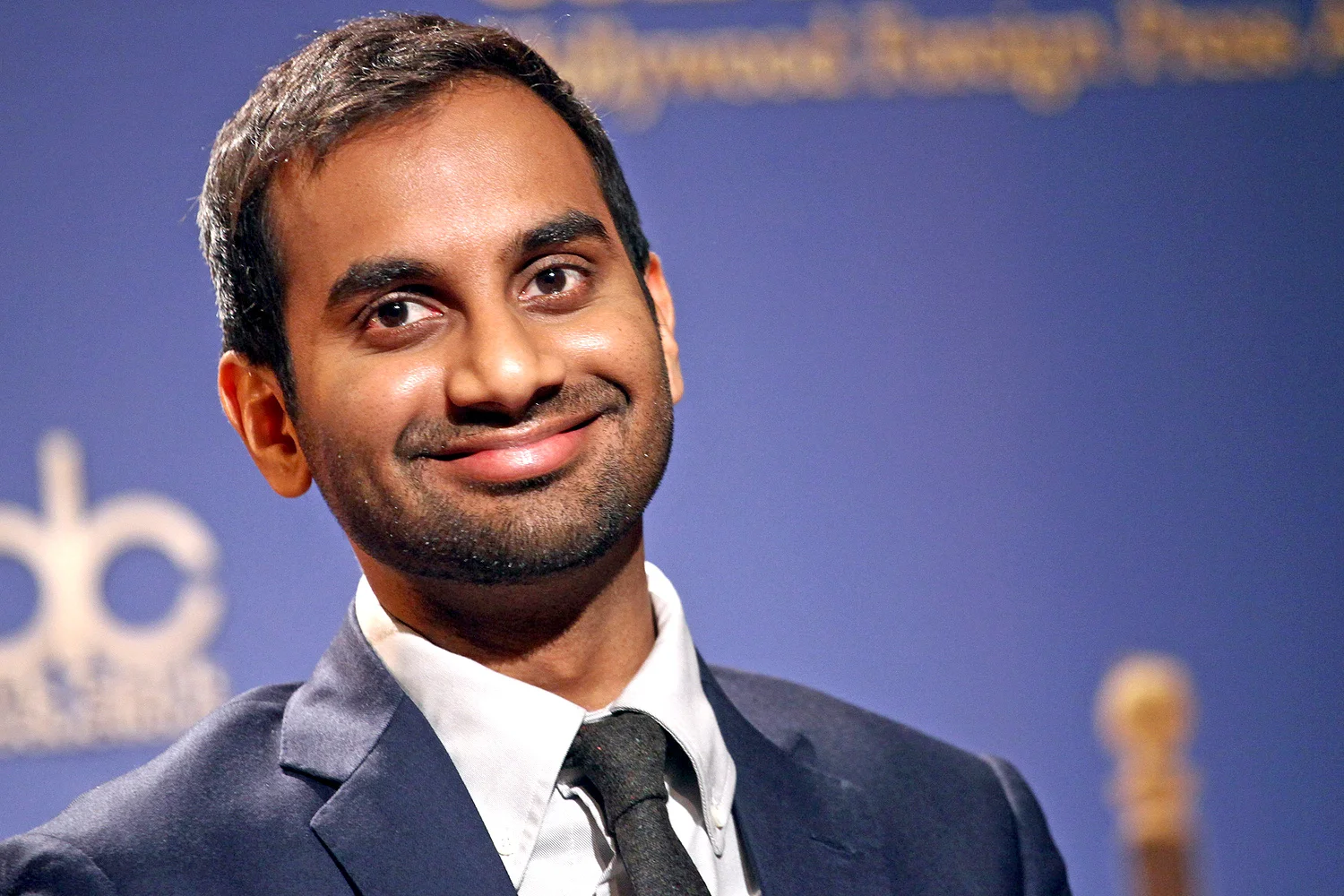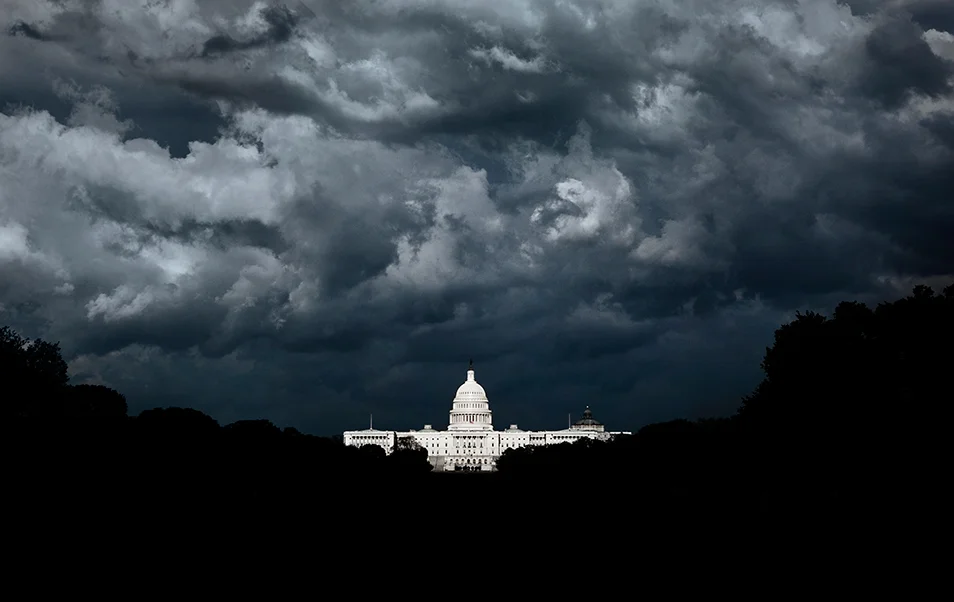The 15:17 to Propagandaville
Clint Eastwood's new movie about the foiled terrorist attack on a Paris-bound train in 2015 has the feel of a WWII (or maybe WWIII) propaganda film. It takes a courageous act of situational heroism and consecrates it as a divine act of American exceptionalism.
As the New Yorker summarized the plot, "Natural-born warriors, made in America, take down the Muslim fanatic and, not for the first time, save those lazy-ass Europeans from a fate they can't themselves defeat."
Such a red, white and blue-washed version of this story is only possible by writing-out three "non-American" heroes whose valor somehow didn't fit the film's jingoistic narrative. That would be Chris Norman, a British passenger who subdued and kept alive the would-be Moroccan terrorist, and two French passengers who chose to remain anonymous.
Not so Spencer Stone, Alek Skarlatos and Anthony Sadler, whose courage is well worth dramatizing but is somehow cheapened and exploited by Eastwood's latest cinematic beatification of the so-called War on Terror and dismissal of any heroism that isn't expressly American.
After a partial reenactment of the attack, the film takes us back to the formative years of our three heroes. They're shown growing up in Sacramento, inching toward what Eastwood presents as a predetermined destiny to fulfill personal prophecies as anti-Muslim Christian warriors. (Stone would become an Air Force Staff Sergeant, Skaratos an Army National Guard soldier.)
Religious overtones abound. Sadler says the event "felt like a biblical moment." Stone says, "there's just no way you can deny" that divine providence was at work. Skarlatos insists, "There's just too much going on for it to just be coincidence." The omission of the other three heroes, however, is neither coincidental nor divine, but agenda-driven artistic license. (All six passengers were equally honored with the Legion of Honor, France's highest order of merit, for their actions that day.)
Guns are also heavily woven into the boys' Christian upbringings. In one scene, Spencer (who plays himself in the film, as do his two compatriots) opens his childhood bedroom closet to reveal an eyebrow-raising cache of toy guns. "Let's go find Alek and play war!" he excitedly says to Anthony.
In another scene, Stone turns to Sadler during an Italian vacation and says, "I don't know man, do you ever think life is just pushing us toward something, like some greater purpose?" Because what greater purpose could there be than joining the military to fight an endless, righteous war on foreign territory?
The trailer is even more blunt. (You half-expect to be hit up for war bonds on the way out of the theater.) An off-screen boot camp instructor preaches to his recruits, "At some point in time, a transition takes place... Don't try and take any shortcuts. Do what you know is right. We've been chosen for this great work." The great work of killing —patriotically and with Christian certitude.
I suppose when the alternative is minimum wage work in a fast-food restaurant, or aimless chauffering as an independent, benefit-free Uber driver, enlisting as a righteous warrior might sound pretty good. It certainly tantalizes Eastwood, whose service in the U.S. military was confined to lifeguard duty at Fort Ord in northern California during the Korean War. No bad guys to kill there. And the ones he dispatched in Rawhide and his trove of spaghetti Westerns were fictional. So the Iraqis, including children and mothers, gunned down by sniper Chris Kyle, hero of Eastwood's hagiographic American Sniper, might be his chance for reflected validation. Same with the heavily armed but hapless jihadist on The 15:17 to Paris.
The scant five minutes of actual suspense in The 15:17 to Paris, dramatic as it was at the time, simply doesn't sustain a 94 minute feature film. A better choice for Eastwood might have been "The 5:33 to Hicksville" — site of the tragic 1993 Long Island Rail Road Massacre, in which Adelphi University business school graduate Colin Ferguson gunned down six lives and maimed 19 more. Ferguson was subdued by three passengers — Kevin Blum, Mark McEntee and Mike O'Connor — workaday commuters from Garden City who later professed to be motivated by adrenaline, fear and basic human instinct. (None mentioned divine providence.)
Among the dead was Dennis McCarthy, whose son Kevin lost 10 percent of his brain tissue and was partially paralyzed for years. There wife and mother, Carolyn McCarthy, turned her grief and rage into a campaign for Congress, where she served 10 terms and was one of the leading proponents of gun safety legislation. Among her most determined opponents? Right-wing Christians.
I like Clint Eastwood and have enjoyed many of his movies and acting performances. But ever since he spoke to the empty chair at the 2012 Republican convention he seems to be angling for a post as America's top military cheerleader, glorifying uniformed "greater purpose" and religiously anointed killing in service to a flag that somehow waves as a cross.
Rugged individualism and courage are always worth celebrating and dramatizing. But when accidental heroism is dressed up in religious faith and equated with guns, and an endless war is draped in virtue and divinity — in spite of its terrible carnage and toll on innocent life — it fails as art and devolves into crude and pernicious propaganda instead.






